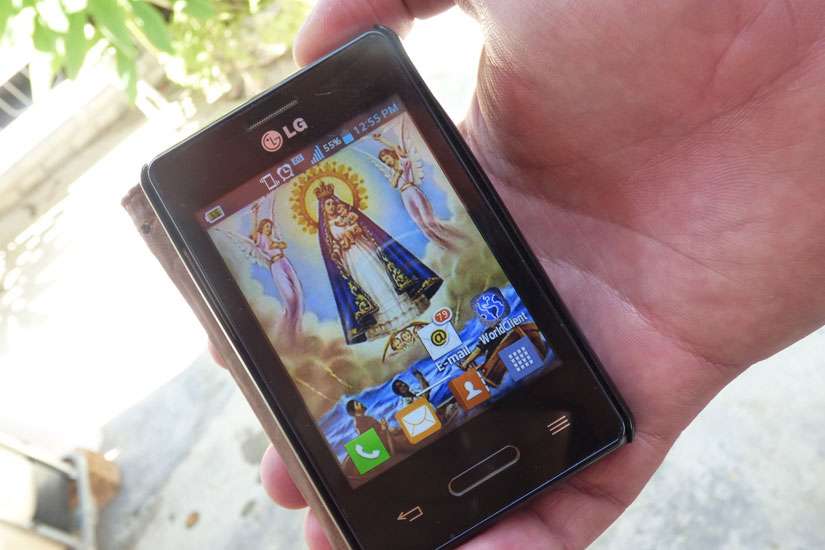Internet is not illegal in Cuba, but it's regulated, it's not easy to get and it's too expensive for the average Cuban to afford -- sometimes an hour can cost as much as a quarter or half of a monthly paycheck. Estimates of Internet connectivity vary: Some say 5 percent of the island's 11 million inhabitants have Internet access, others say 25 percent.
Yet cellphones, lately smartphones and even tablets, are not an uncommon sight. Some have been brought in by relatives abroad eager to communicate regularly with family on the island. But younger Cubans eager to communicate with the rest of the world are finding ways to put more than the devices' telephone ability to use. Those eager enough to connect to the world outside of Cuba can find their way to Internet at hotels that offer free Wi-Fi or other tourist-friendly establishments that sometimes have easy-to-hack passwords.
In Catholic circles, technology, even without the Internet, has long been used on the island as a way to transmit the faith. Though they may not always be able to access online content, some Catholics admit downloading and sharing the Bible, versions of the Liturgy of the Hours -- a set of prayers also known as the Divine Office -- and other religious content using memory cards that can be inserted into cellphones, desktops or TV sets.
Some say that "for a price," in other words, on the black market, they have purchased and downloaded movies such as "Son of God" movie and the "Catholicism" video series by Father Robert Barron on a thumb drive. They plug the thumb drives into another device at home to enjoy the religious content that may not otherwise be available to them and their families, not because it's prohibited, but because it can't be found readily in a store.
Cuban Catholics also have made a debut on Facebook. The Archdiocese of Santiago de Cuba has a Facebook page. Recent status updates include a Resurrection Sunday message, photos of the veneration of St. John Paul II relics and photos of the consecration of a marriage after 43 years of civil marriage.
Before the cellphones, memory cards and tablets arrived, many say they watched movies about the lives of the saints and other popular Catholic media events using Beta and VHS cassettes.


